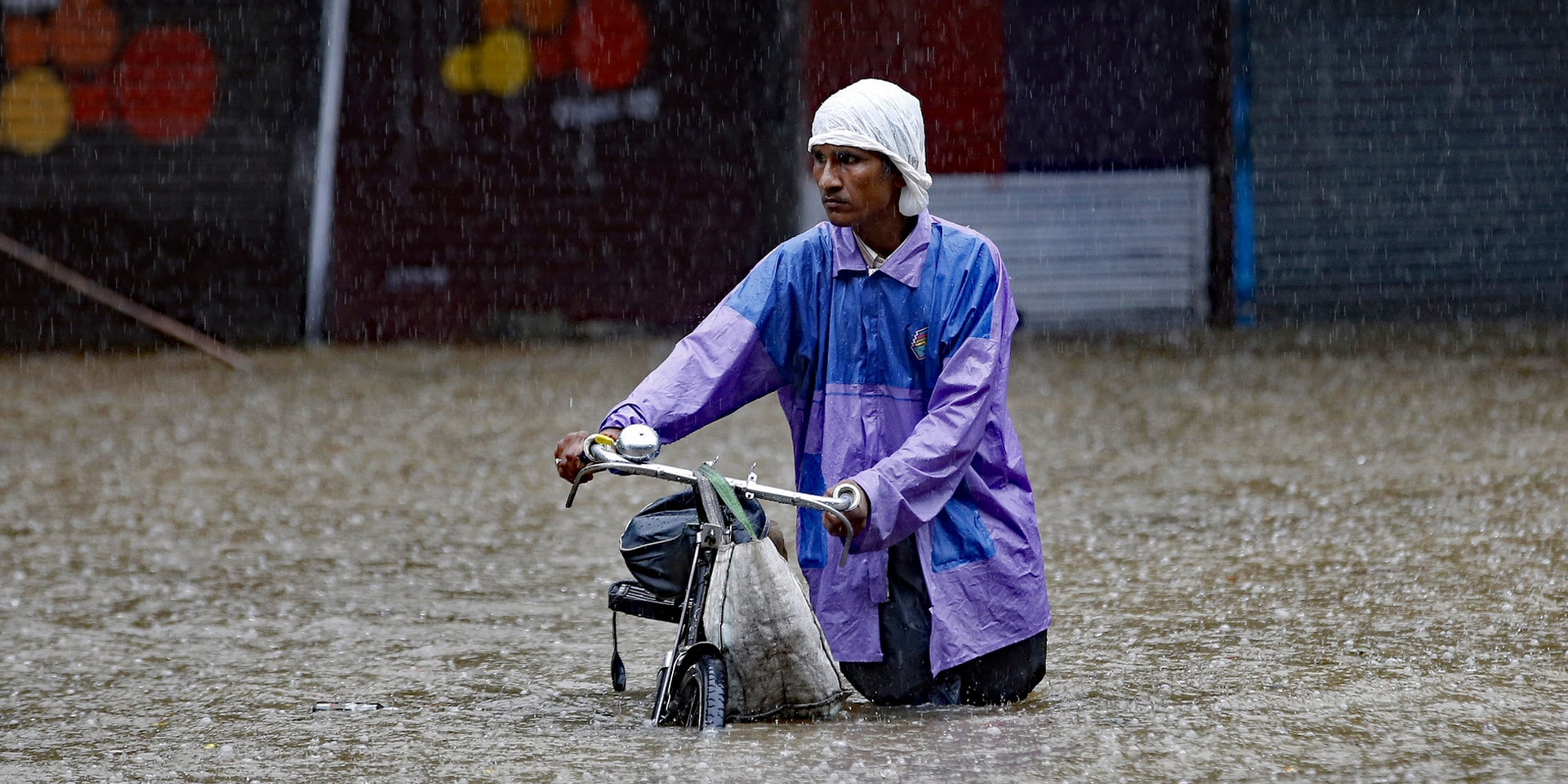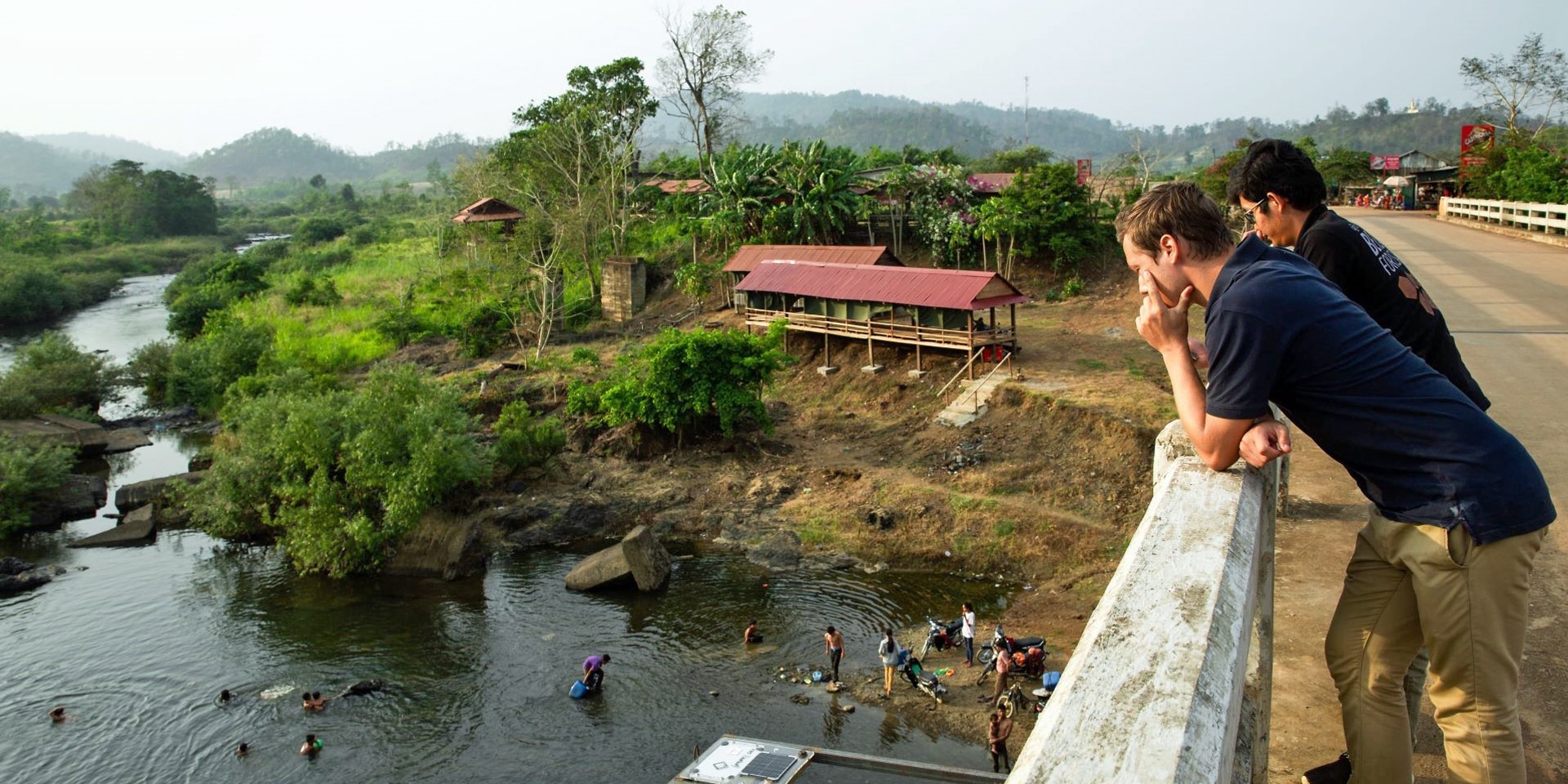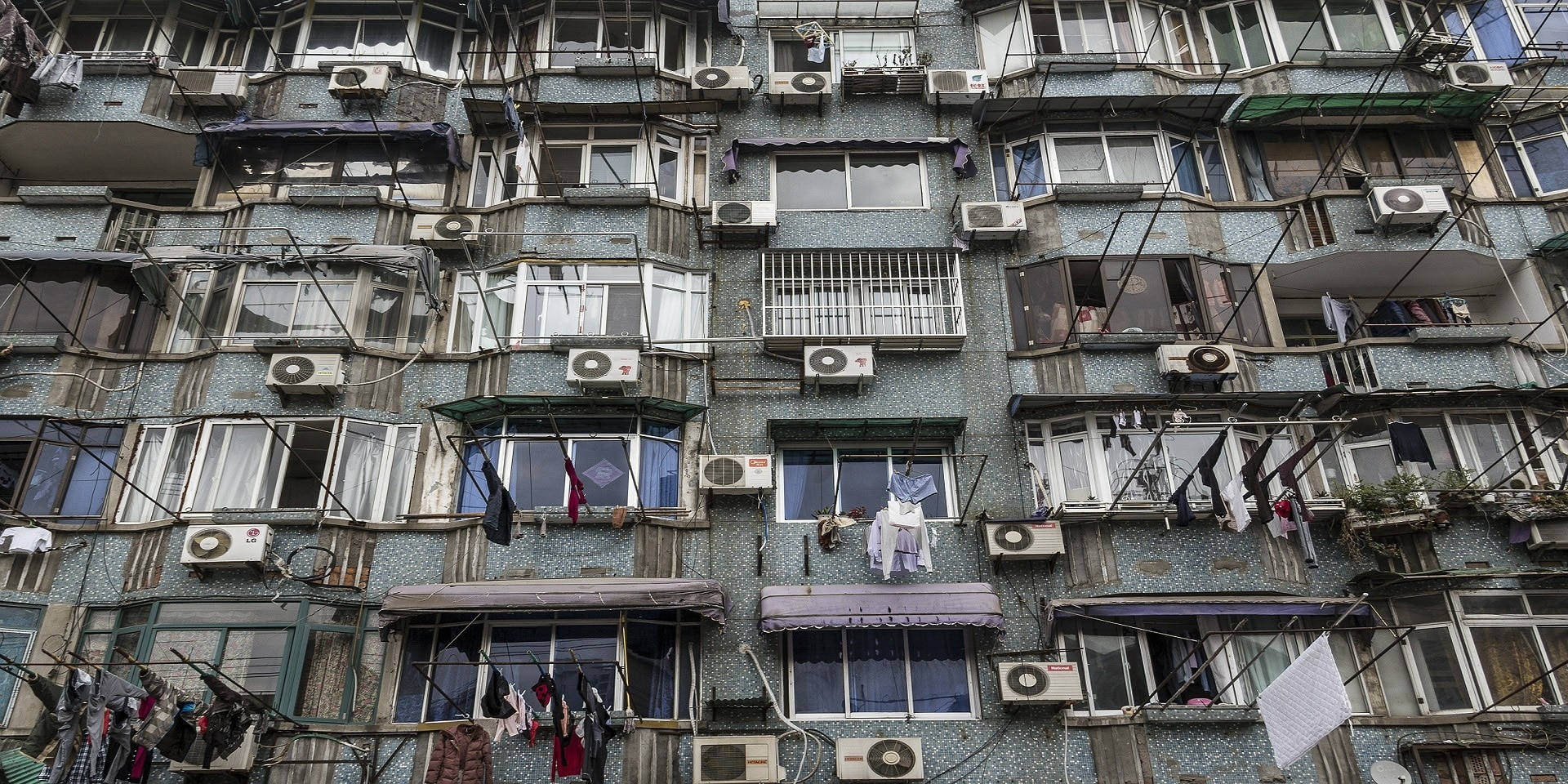Regina Gujan, deputy head of the Multilateral Humanitarian Aid Division, is responsible for DRR at the SDC. © R.G.
Ms Gujan, what can Switzerland contribute to the GPDRR in Bali?
Switzerland is a mountainous country, so has always lived with natural hazards. As a nation, we have a corresponding amount of experience and globally recognised expertise in the DRR sector. Switzerland's focus in Bali is primarily on disaster prevention and risk management. We will be actively shaping the processes at different levels, sharing our insights and learning from other participants. We are convinced that DRR pays off financially, socially and ecologically. But for measures to be successful, all relevant stakeholders – including the affected local population – must be involved in the planning process from the outset.
What is the role of DRR in the SDC's work?
Disaster risk reduction (DRR) is a priority in the IC Strategy 2021–24 and a prerequisite for sustainable development. Of course it is also a key focus area of humanitarian aid.
DRR – along with issues around climate change – actually feeds into almost all of our activities. Projects are analysed for possible risk potential and activities are planned in such a way that they contribute to reducing risks. In the DRR sector, the SDC works closely with the Federal Offices for the Environment and Civil Protection, the State Secretariat for Economic Affairs, MeteoSwiss, as well as with NGOs, the private sector, universities, the National Platform for Natural Hazards and the Steering Committee on Intervention in Natural Hazards. We share our pooled knowledge with our partner countries and bring our influence to bear on international institutions in the DRR sector.
With today's analytical methods, a large number of humanitarian crises are very predictable. Switzerland therefore supports local early warning and financing mechanisms, and promotes targeted protection measures on the ground.
Do you have any concrete examples?
Yes, though prevention measures can of course be quite varied. They range from the construction of earthquake-resistant schools, the mapping of danger zones and land-use planning to the training of local specialists. In India, for example, Swiss specialists work with local institutions to analyse and predict landslides, flash floods and, in particular, climate-related glacial lake outburst floods. For this purpose, early warning systems are currently being set up and developed together with local authorities. In Haiti, in Jacmel, members of the Swiss Humanitarian Aid Unit have helped Haitian specialists to draw up hazard maps for landslides and floods.





